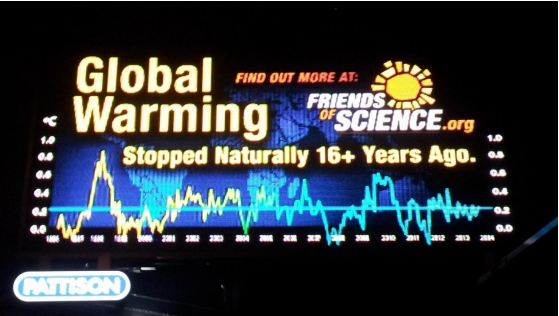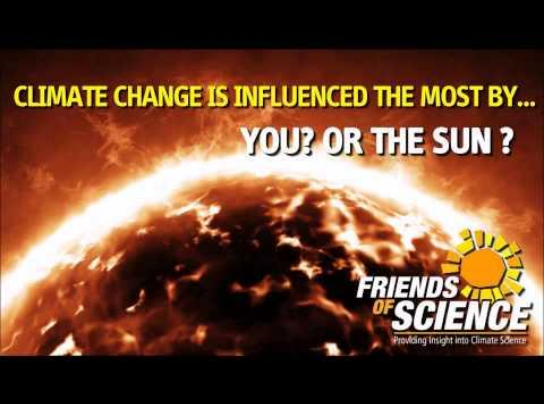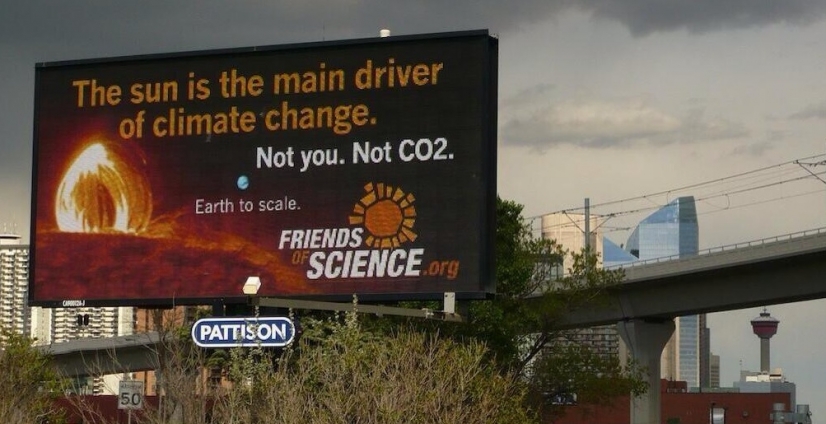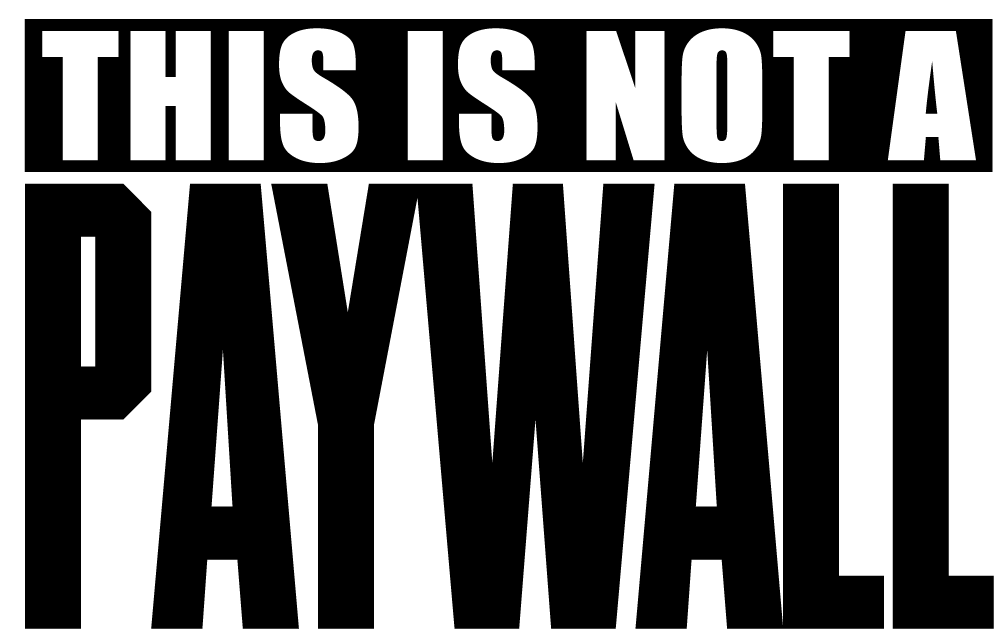By Charles Mandel. This article originally appeared on the National Observer.
Ecojustice, on behalf of a group of prominent Canadians, filed a complaint Thursday with the federal Competition Bureau, asking it to investigate false and misleading representations made by climate change denier groups.
In their application to the Commissioner of Competition, the group called for “a thorough rigorous inquiry of the denier groups and their climate science misrepresentations.”
The group is also pressing for the commission to refer their application to the Attorney-General of Canada for criminal charges against the denier groups.
Ecojustice filed the complaint of behalf of Stephen Lewis, the former Canadian Ambassador to the UN and chair of the 1988 World Conference on the Changing Atmosphere; Tzeporah Berman, author and adjunct professor at York University; and Thomas Duck, an atmospheric scientist at Dalhousie University in Halifax.
Other complainants are David Schindler, the Killam Memorial professor of ecology at the University of Alberta, and Danny Harvey, an University of Toronto professor and Intergovernmental Panel on Climate Change lead author.
The complaint cites The Friends of Science, The International Climate Science Coalition and the Heartland Institute for misleading billboard advertisements, website representations and a poster made available as a free download on a website.
“These groups attempt to discredit the established scientific consensus that global warming and climate change are real and caused by human activity,” Duck said in a statement. “The reality, causes and consequences of climate change are well understood.”
Canada’s Competition Act prohibits the making of materially false or misleading representations for the purpose of promoting any business interest such as fossil fuel development.

In its application, Ecojustice states that it believes the case should be referred to the Attorney General as a criminal matter. Potential prosecution can take place if it can be demonstrated that there’s clear and compelling evidence that accused knowingly or recklessly made false or misleading representations to the public.
The competition bureau must also be satisfied that criminal prosecution would be in the public interest.
The application notes that two Friends of Science billboards were the subject of 96 complaints to Advertising Standards Canada (ASC) during their display in Montreal in 2014. The council reviewed the billboard ads against the Canadian Code of Advertising Standards and determined they were false and misleading advertising.
The Friends of Science appealed the ruling, but it was upheld. Just months after the decision, the Friends of Science put up a new video billboard making climate science misrepresentations in Montreal and in November 2015 put up more billboards in Edmonton and Calgary.
The application alleges that the Friends of Science’s continued display of climate science misrepresentations after numerous consumer complaints and a former censure by the ASC is clear and compelling evidence that the group knowingly or recklessly made such misrepresentations.
“When combined with the overwhelming public importance of the context in which the climate science misrepresentations are made — including the effect of climate change on the Canadian economy, and the negative effects of climate science misrepresentations on competition in key markets for stimulating the transition to a low carbon economy in Canada — we believe the Commissioner’s inquiry should proceed on the criminal track,” the application states.
Ecojustice and the individuals it represents allege that the climate change denier groups misrepresent climate change science to promote their own business interests and those of their anonymous funders.
“While the denier groups do not publically disclose the identities of their funds, available public information suggests their funding comes at least in part from individuals and corporations with business interests in the production and use of fossil fuels,” the application to the Competition Bureau alleges.

The application states that Talisman Energy Inc., a Calgary-based oil and gas exploration and production company, donated $175,000 to Friends of Science in 2004 to fund the production of a specific video and other activities.
Mike De Souza, an environmental journalist then with the Ottawa Citizen, wrote in 2012 how the energy company, contributed to a pair of trust accounts at the University of Calgary in 2004 to produce a video and engage in public relations, advertising and lobbying activities against the Kyoto Protocol and government measures to restrict fossil fuel consumption and greenhouse gas emissions.
The accounts were formed at the request of Friends of Science, whom de Souza described as “retired oil industry workers and academics who oppose the Kyoto Protocol and reject the validity of peer-reviewed science on the causes of climate change observed in recent decades.”
In an earlier submission to Alberta’s Privacy and Information Commissioner, Talisman said that an university audit turned up nothing to suggest that the school was aware of its own funds “being used for political purposes,” De Souza reported.
A Talisman spokesperson told De Souza that “the donation was a decision made by the company’s former president, who had ‘different views on climate change science.’
“Today, Talisman’s position is quite different and Talisman does believe that [greenhouse gas emissions] pose a significant risk to the industry,” the spokesperson said.
In its application, Ecojustice states that climate science misrepresentations are inherently harmful to the proper functioning of markets in Canada. “The confusion they sow makes low-carbon technologies less competitive and distorts capital investment toward high-carbon industries, risking a carbon bubble.”
The Competition Act gives the commissioner investigatory powers to examine witnesses and order the production of documents, such as lists of donors, to advance an inquiry. If the information gathered by the commissioner shows the act has been violated, the matter may be referred to the Attorney General of Canada for prosecution or civil proceedings before the courts.







